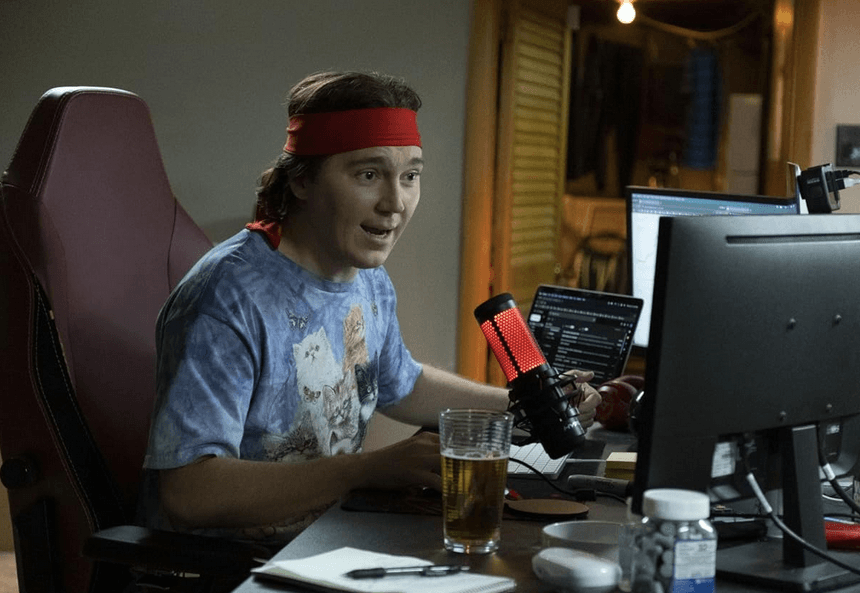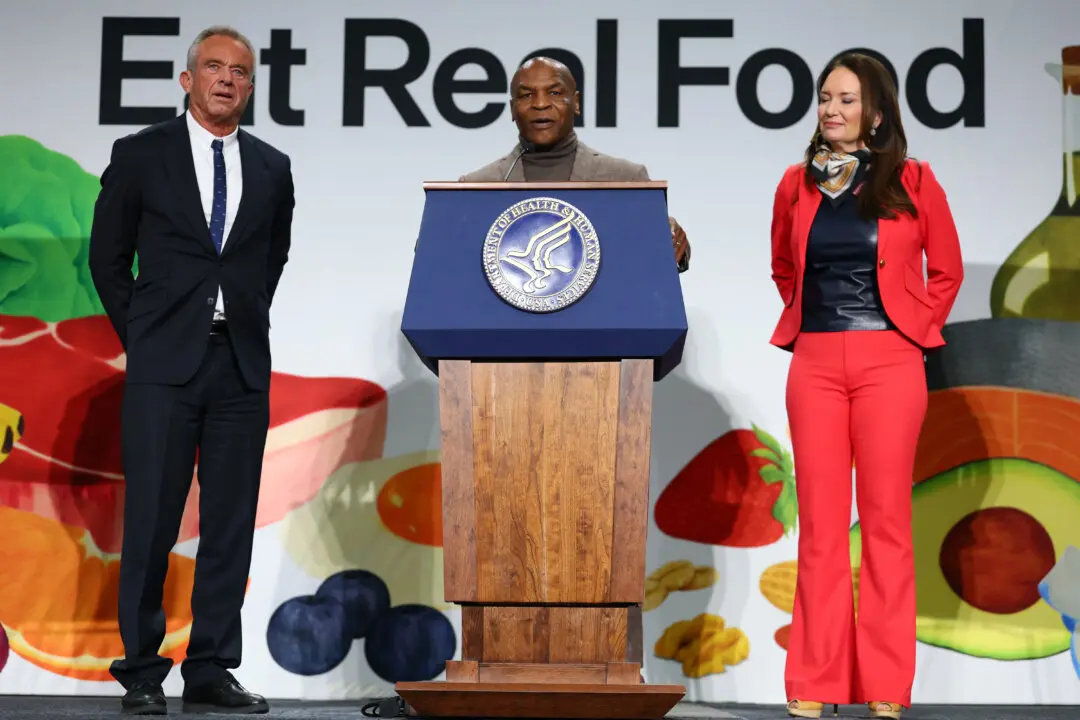Commentary
There’s good reason to be wary of films that try to bring to life economic and financial events. They usually go too far in attempting to create a big human drama of a story that’s mostly about digits and balance sheets. And they do this with gratuitous eroticism or crude anti-capitalism designed to keep the viewer hooked on what would otherwise be boring.





